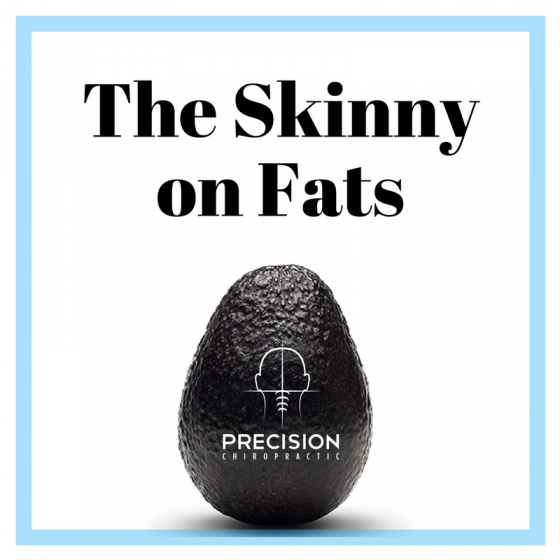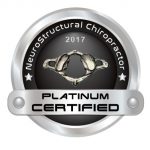
By now you have certainly heard of the folks raving about some of the latest trends in diets such as paleo, Whole30, ketogenic, pre-agricultural, primal eating. It seems that there is a war on bread and carbs, but is there any truth to it?
Let’s set some ground rules before we get too far in the weeds. The first thing you need to understand is that no diet will work for everyone due to something known as Bio-Chemical Individuality. Secondly, food in its simplest form is energy that comes in a variety of mediums, compositions, and flavors.
Carbohydrates aka carbs are regarded as the most common form of energy as they are metabolized by the body very quickly and are fast acting. Carbs encompass many types of food such as grains, sugars, fruits, legumes, starches and even alcohol. Proteins are made from chains of amino acids and come from plant and animal sources. Protein is typically meat but is also found in beans, nuts, and other plant sources. Fats are also known as lipids and come in many forms from animals, plants such as coconuts, and nuts.
So what is all the fuss over fat all of a sudden??!
Fat one of the most important roles in the body. Brain tissue is made up of almost entirely fat as well as something called Myelin that covers the majority of the brain, spinal cord and nerves in the body. Fat as a fuel source is much more efficient as it takes longer to be metabolized by the body and has more energy to be gained than carbs.
But isn’t fat really bad for you and increase the risk of heart disease??!!
Well, sort of. The quality of the fat is very important, research has proven that fats coming from grass fed cow sources are healthier than their traditional counter parts. (1) Spending the extra few bucks is actually worth it. In late 2016 some controversy over the food pyramid was discovered in the 1960’s related to fat and heart disease. According to The Journal of the American Medical Association (JAMA) found: “recent analyses of sugar industry documents, our findings suggest the industry sponsored a research program in the 1960s and 1970s that successfully cast doubt about the hazards of sucrose while promoting fat as the dietary culprit in CHD”. (2)
We will always advocate for giving the body what it needs to do its normal function, and making sure the spine is free of structural shifts that negatively affect the body by way of the brain and nervous system. So here is what we recommend:
- Use healthy fats for cooking like grass fed butter, olive and coconut oil
- Quality omega 3 supplement
- Limiting the quantities of sugar and artificial sweeteners
- Bacon, LOTS OF BACON
1. https://nutritionj.biomedcentral.com/articles/10.1186/1475-2891-9-10
2. http://jamanetwork.com/journals/jamainternalmedicine/article-abstract/2548255


























































